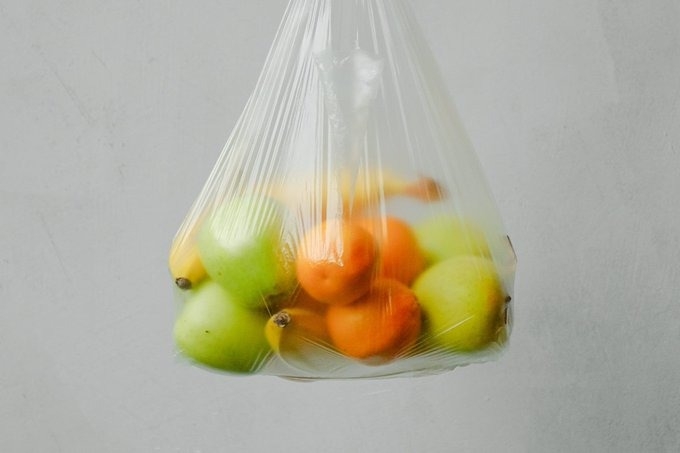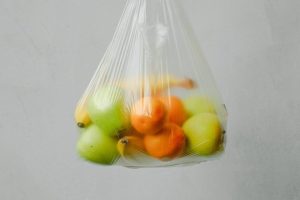
Canberra, May 19 (IANS) Micro and nanoplastics are “pervasive” in Australia’s food supply, a new study revealed on Friday.
The study, which was published by national science agency the Commonwealth Scientific and Industrial Research Organisation (CSIRO), found traces of plastics and their additives in fish, red meat, chicken, rice, water and fresh produce, reports Xinhua news agency.
Jordi Nelis, a CSIRO analytical chemist, food safety specialist and lead author of the research, said the findings show plastics could be a threat to food safety and security globally.
Plastics enter the human food chain through ingestion in the case of fish but also through food processing and packaging.
“Fresh food for example can be plastic-free when it’s picked or caught but contain plastics by the time it’s been handled, packaged and makes its way to us,” Nelis said in a media release.
“Machinery, cutting boards, and plastic wrapping can all deposit micro and nanoplastics onto our food that we then consume. This study highlights the need to understand what plastic could end up in food to manage food safety and security.”
Plastics can also enter the agriculture system through biosolids from wastewater treatment, which can contain plastic particles that could change soil structure over time and affect crop production.
Nelis said more research was needed into the health effects of micro and nanoparticles on humans and on their impact on food safety and security.
“The key missing information is determining safe levels of microplastics. We currently don’t know exactly what the microplastic flux through the food system is or which levels can be considered safe,” he said.
–IANS
ksk/










